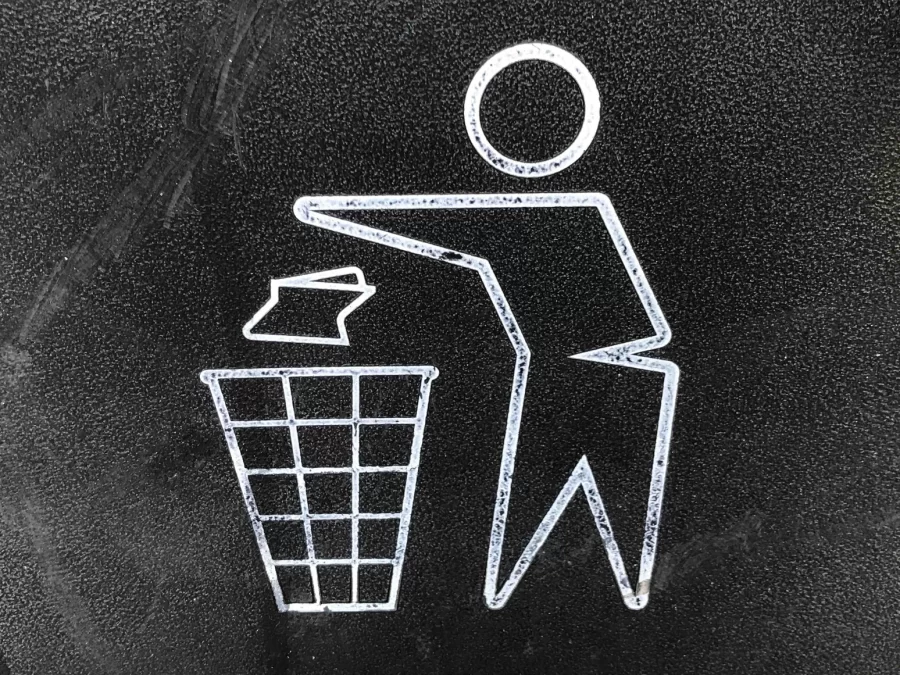Start Taking Food Wastage Seriously
October 16, 2021
When I was in sixth grade, I remember eating lunch with my friend. This friend usually bought school lunch, with the standard milk, fruit, and entrée. We were just casually chatting when she asked me to pause so that she could throw away her “trash.” The trash was, in fact, an untouched packet of sliced oranges, an unopened package of milk, and a grilled cheese sandwich with only two bites taken out of it.
“Are you not going to eat that?” I asked her, pointing to her less-than-half eaten sandwich.
“Nah…I don’t feel like it,” she replied. “What about the fruit and the milk? You can take it home and make something out of it! Or maybe give it to a homeless person. Or you can put it on the table inside the cafeteria so it at least doesn’t get wasted.”
She looked at me funny and then asked me “Aahana, are you telling me what to do? Because, like, my dad told me not to let others make decisions for me.”
And with that, she walked away, and dumped her food in the trash can.
I was very taken aback by her response. I was merely suggesting possible ways in which the consumable food would not get wasted, and while I was glad that she knew not to let others make decisions for her, I would be even more glad if she knew the impact of food wastage.
Food wastage is a huge problem in the U.S. Every year, in the U.S. 40% of the food supply is wasted, which is about 108 billion pounds of food. That approximately equals roughly $161 billion worth of food being thrown away. In fact, if only 25% of the wasted food gets recovered, about 43 million people could be fed three meals a day. The U.S. is ranked third place when it comes to global food wastage, with about 130 pounds of food discarded by the average household every year.
American schools waste about 530,000 tons of food per year. While certain laws state that children who get lunch from school must get milk and fruits and or vegetables, in my opinion, these types of laws do more harm than good. Making milk, fruits, and vegetables mandatory is wasteful because many kids don’t end up eating them. Sure, they’ll get it from the cafeteria, but as soon as they walk out of the cafeteria, they’ll toss the milk or the fruit in the trash can. I see that happen every day.
If changing the law is not an option, then schools could set up tables around the school where students can put untouched food they do not wish to eat. For example, Arcadia High School is a big school. One table inside the cafeteria where people can put food they do not like to eat is not enough. It’s common sense, why would a person eating in G-Hall walk for so long only to put one package of milk on the table? They’ll just toss it in the trash can in front of them. The solution? A table in front of each row. Or tables around campus that can be easily accessed by students anywhere around campus.
Furthermore, restaurants in the U.S. waste up to 23 billion pounds of food each year, and a lot of the food wasted includes meat and seafood. One of the most common reasons for food wastage in the U.S. is oversized food portions, especially in buffets. People order more food than they can eat, or in a buffet, they get more food than they can consume, and because they can, they throw it away. The result? Lots and lots of food wastage. The solution? It’s simple; the more food you waste, the more money you have to pay.
Some restaurants in Germany require people to pay €1 if they waste food. Restaurants in the U.S. could do the same, if not nationally, then privately. For example, restaurants could implement a policy that would require them to charge customers $1 for every ounce of food wasted. They could also implement a policy where people will be required to pay an additional amount of money if they wanted to get their food packed, to ensure that they don’t throw it away after going home; after all most people will not want to throw away food that took them $5 to bring home.
However, food wastage is inevitable. Some people WILL end up throwing away food. Regardless, what is possible is to enforce laws and policies that can at least lessen the amount of food wasted. After all, less food wastage does not only equal less hunger but also fewer negative impacts on the environment.
Photo Courtesy of UNSPLASH.COM

